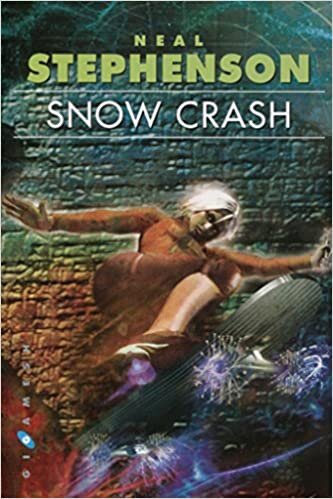While I mostly love to read sci-fi and fantasy, I do read other genres. As a classical musician and music teacher, I particularly like to read books about classical music and famous composers (I’d recommend Mozart’s Letters to anyone). I’ve had to teach a lot of music history due to Covid 19, and I wanted to include female composers as a regular part of my curriculum. In my research on female composers, I stumbled across Anna Beer’s Sounds and Sweet Airs, a book about “the forgotten women of classical music.” It focuses on eight female composers throughout history, telling about their lives, their struggles, and of course, their music. It’s a fascinating look at women who often achieved considerable recognition and respect within their own lifetimes, yet somehow their music was often ignored by (mostly male) musical historians after their deaths.
I loved reading this book—it was inspiring to me as a female musician who was always nervous about trying to write my own music. But in addition, it felt like a breath of fresh air. I felt like the stories of these women reflected a part of music history that I always suspected was there, but was somehow always obscured by the narrow focus on only a few (always male) composers (though shout out to my early music history professor, who taught us about Barbara Strozzi and Francesca Caccini). Several of the composers I had never heard of before, including Marianna Martines and Elizabeth Maconchy.
It’s hard to generalize about the composers Beer describes—they are all from different time periods and backgrounds, and their music is unique. But each one managed to overcome the strictures and expectations of their gender to compose in her own voice. Each composer’s biography was well written and engaging, though I found the story of Lili Boulanger the most haunting. As I read about each composer, I also found recordings and performances of their music on Youtube. I particularly loved Fanny Hensel’s Das Jahr, Clara Schumann’s piano trio, and Francesca Caccini’s opera, La Liberazione de Ruggiero dall’isola d’Alcina.
Overall, I’d recommend this book to anyone interested in classical music or women’s history. It’s always a pity when truly beautiful and powerful music is neglected due to silly stereotypes, and it’s a great loss if we don’t enjoy these women’s brilliant music.


















